Recently, passive component manufacturer Walsin announced that it will expand its production line of automotive chip resistors in Malaysia to prepare for medium and long-term automotive demand.
The Malaysian factory was previously owned by Kamaya Electric. Its parent company was originally Mitsubishi. In 2006, Walsin spent NT$200 million to acquire an 85% stake in Kamaya Electric and classified it as a core business unit. Kamaya Electric has production sites in Japan and Malaysia, but due to the high cost of expanding production in Japan, Walsin decided to use the Malaysian plant as the target for expanding the automotive-grade chip resistor line.
According to Walsin, the proportion of its automotive products to its total sales has increased from 5% in 2018 to 6.5% in the first quarter of this year.
Walsin said that due to the continuous growth of the Internet of Vehicles, the demand for automotive-grade chip resistors is expected to grow by 70% in the next five years. Kamaya's products are mainly high-end resistors, which will help Walsin enter the supply chain of high-end customers. Therefore, expansion is very necessary.

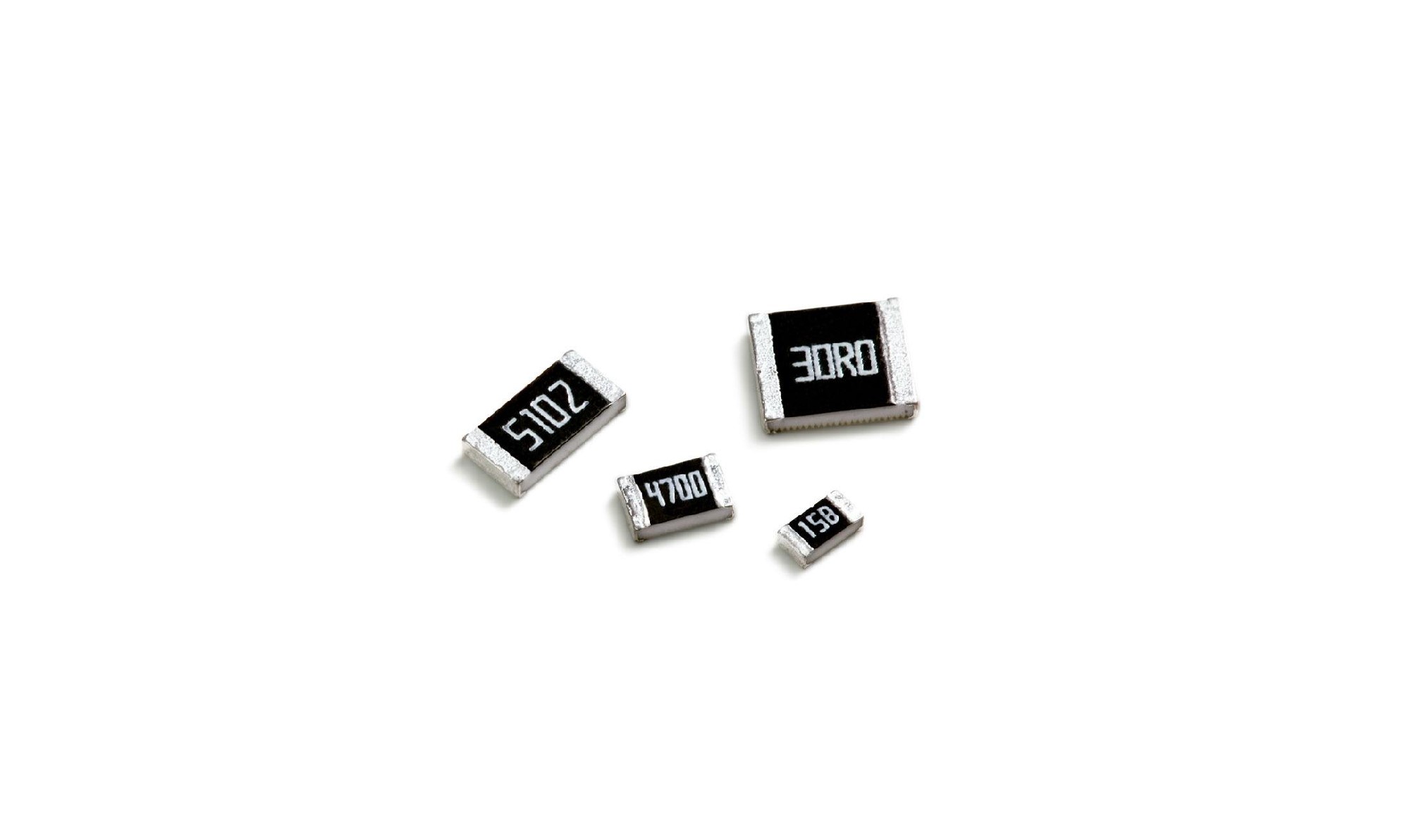




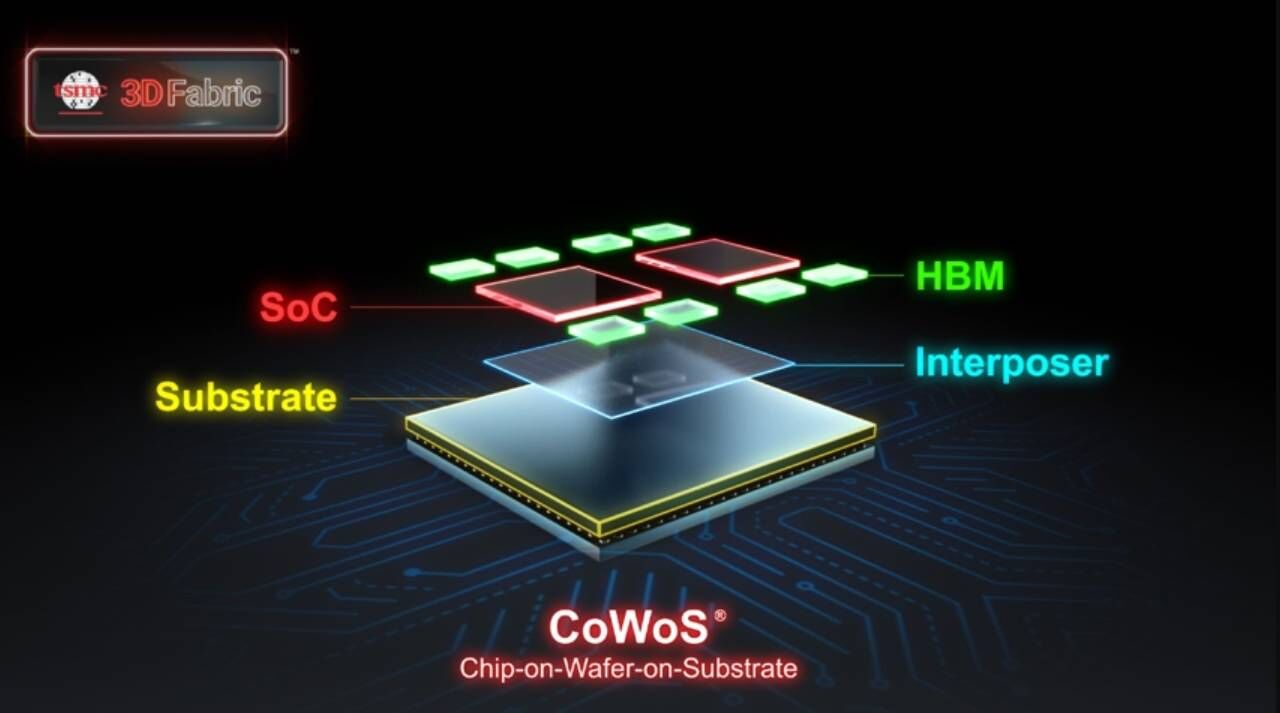
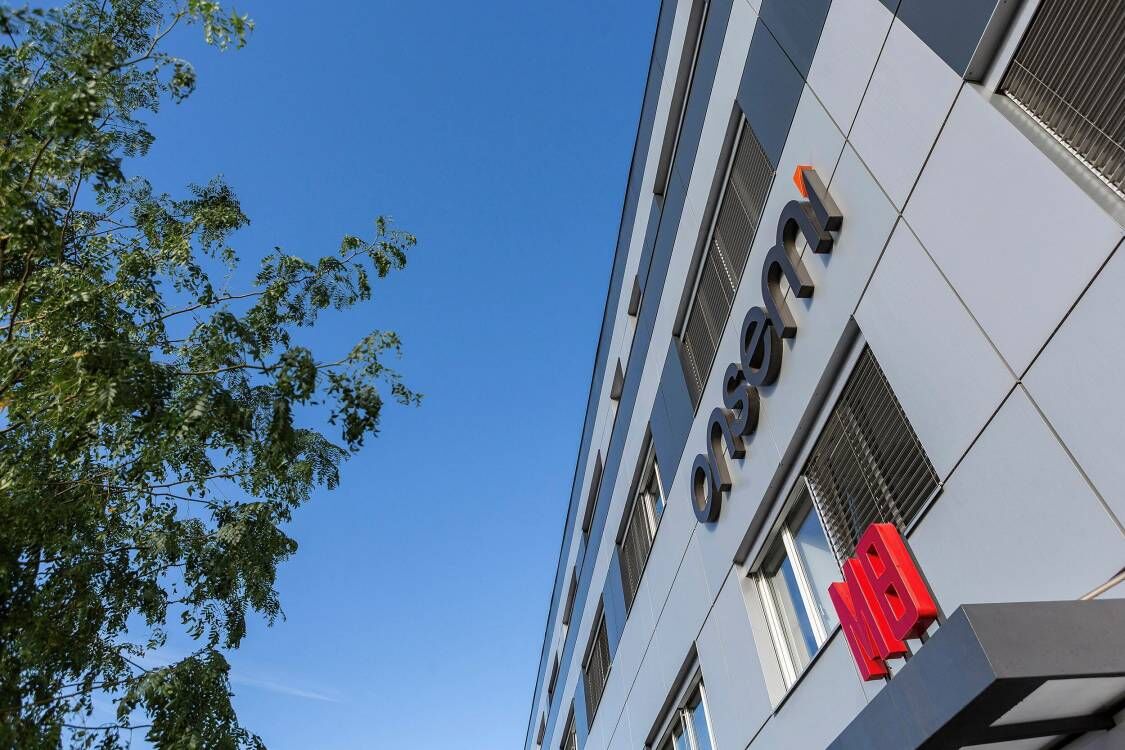

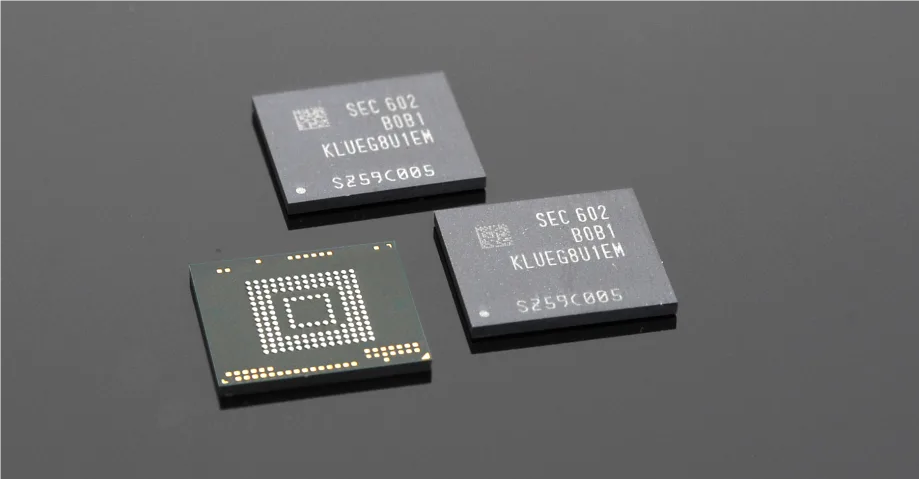

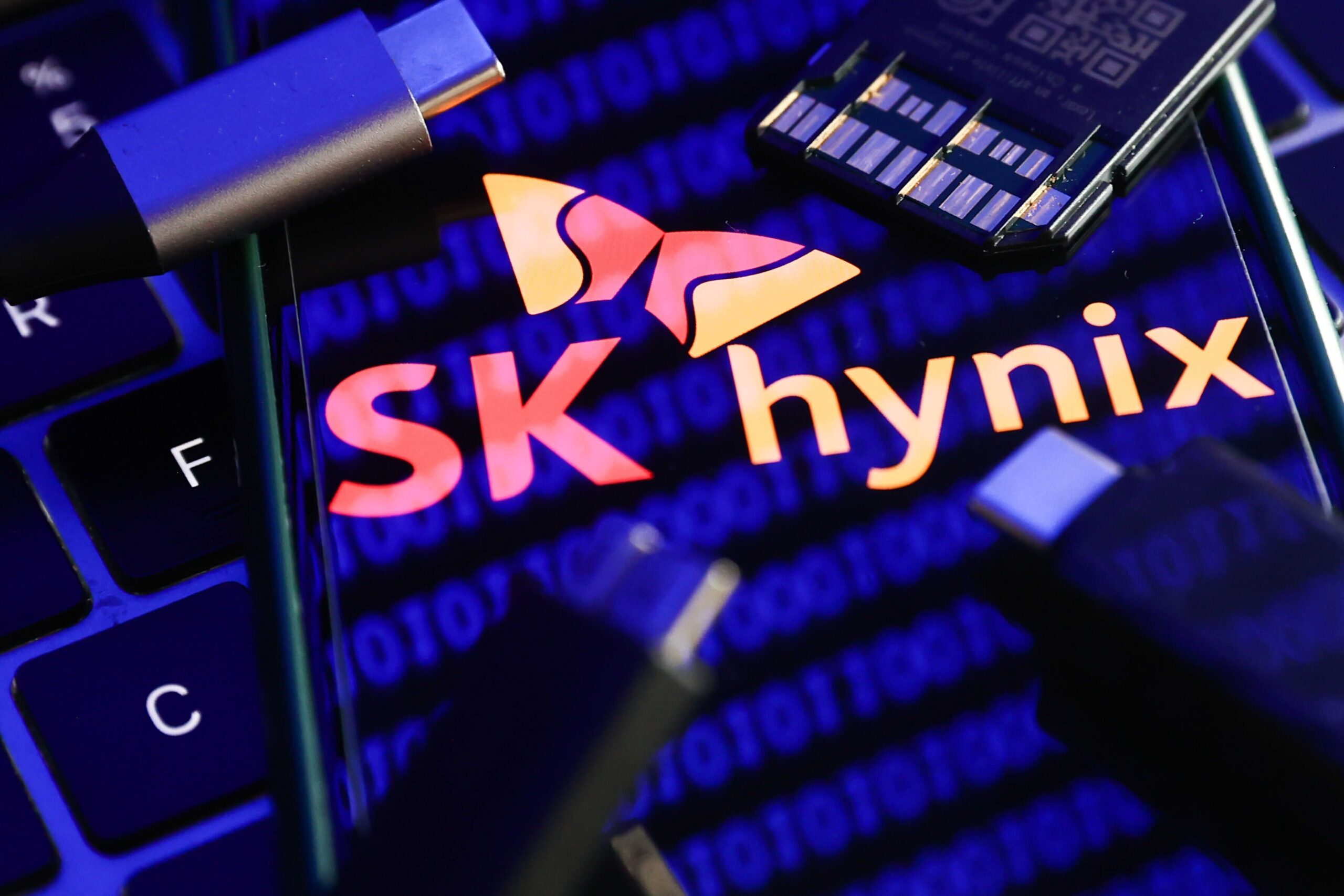
All Comments (0)